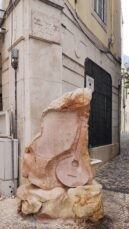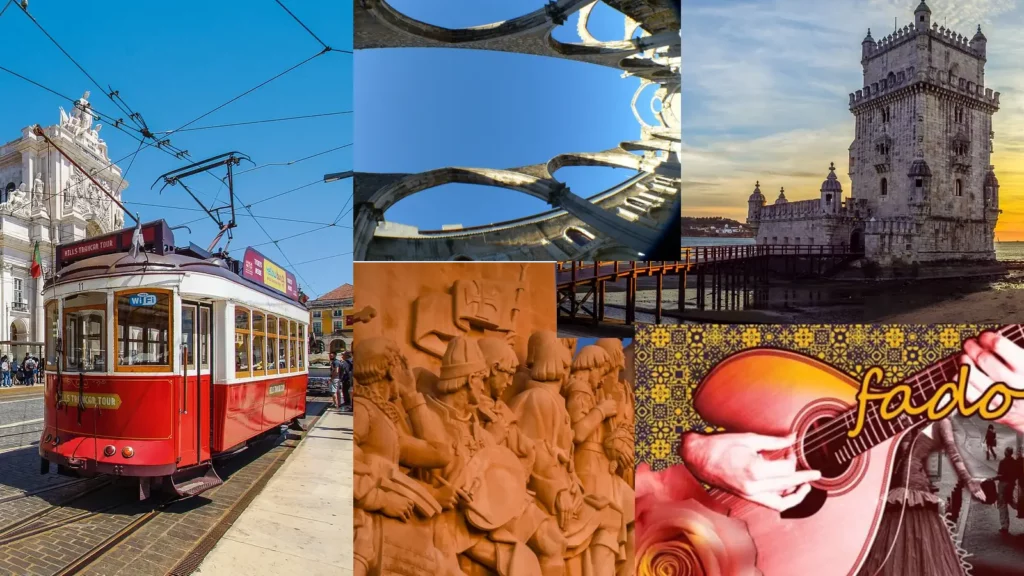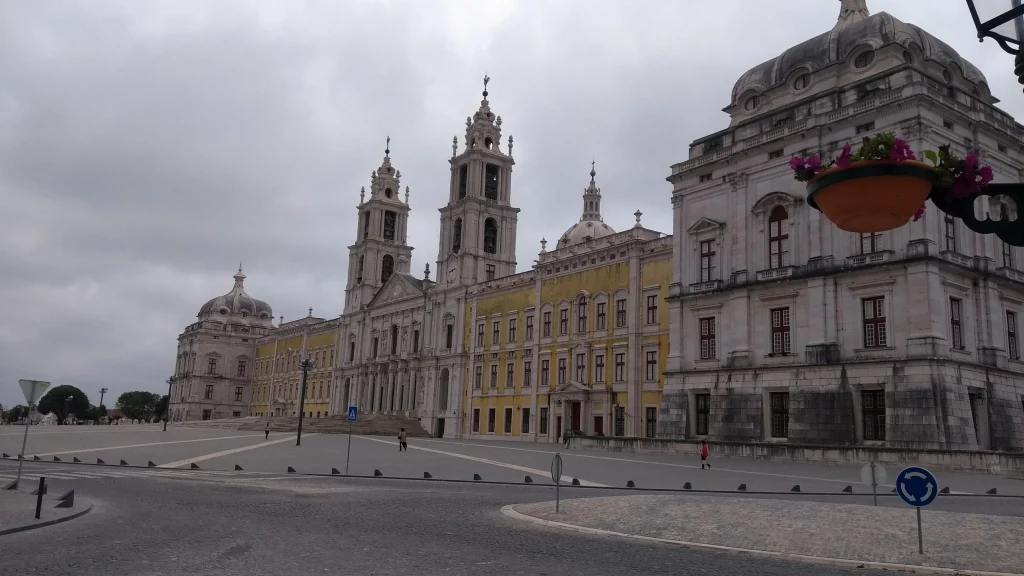The city of natural light built on 7 hills
Lisboa, a city built on 7 hills and also called the city of natural light. Famous products are Fado and Pastéis de nata. Read this post to inspire yourself about this charming city near the Tagus river.
What are the topics of this post?
Information
Region:
District:
Nearest large city:
Distance to district capital:
Location keywords:
7 hills, natural light, fado, pasteis de nata, Tagus river
We discover the city of natural light
"The 7 hills and wide Tagus give the light"
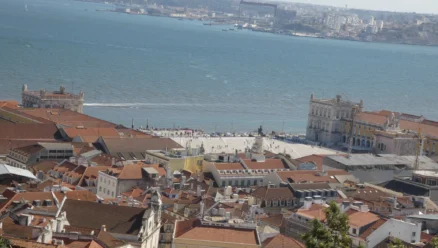
Welcome in the capital of Portugal, Lisboa. Lisboa also is called the city of natural light and built on 7 hills. On and around all these hills, you find neighbourhoods with passion and a lot of viewpoints over the city and the river. This makes it possible to get natural light from almost every side you are looking. The Tagus river, o rio Tejo, is the wide river crossing this city. The 2 sides of the river are connected with 2 bridges: 25 April bridge and the 17km long Vasco da Gama bridge. But, of course, it also is possible to cross the Tejo river by boat. A lot of locals do this every they. Because they work in Lisboa, while they live at the other side of the river.
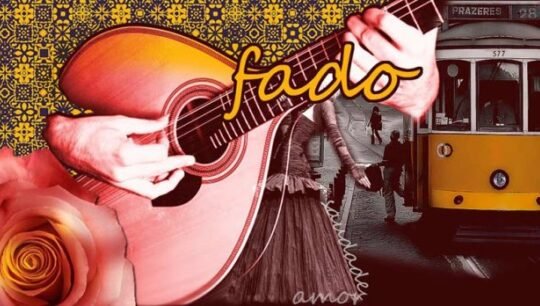

"Typical music and food"
The typical Portuguese music, Fado, has its home in Lisboa. It is born in the old part of the city. Read further below for information about this. Another famous product of Lisboa is Pastel de nata. Or the original custard tarts from Belém, the largest city part of Lisboa, called Pastel de Belém. These have a unique secret recipe. Only a few people has this recipe in their head. So, it is nowhere written.
Book your stay now
What are the most well known neighbourhoods of Lisboa?
"Every place has his charm and passion"
As told above, Lisboa is built on 7 hills. So, around each hill is a wonderful neighbourhood situated. Near the river, in the center of all these hills, is a lower part situated. This is called Baixa. Discover below all these neighbourhoods:
Why buy a Lisboa card?
"Amazing city card with a lot included"
The Lisboa Card is a must have when you visit Lisboa for the first time. With this card you have many discounts and free entrances to monuments included. Also by some monuments, you have the "skip the line" feature. Finally, best of all is the public transport. All your public transport inside the city is included. Also a some trains outside the city. Because some monuments outside the Lisboa city center are also included in the Lisboa Card. For more information, follow the link of the image below.
Santo António
"The patron of Lisboa and Portugal"
Saint Anthony, Santo António, is the patron of Lisboa and Portugal. He was born in Lisboa on August 15, 1195 and died in Padua (Italy) on June 13, 1231. His year of birth is not sure, some sources say it was 1191 or 1193. On his birthplace, in the Alfama, stands the Saint Anthony church. Every year, their are huge parties in the whole country for Santo António. But the most impressive and well known are these in Lisboa. These take place in June, before and around the 13th and they are part of the Festas dos Santos Populares.
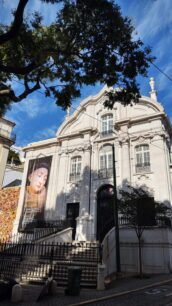
What is Fado?
"Saudade in typical Portuguese music"
Fado is born in Lisboa. Mouraria, a neighbourhood on the walls of the castle, is the cradle of the Fado. This is a typical Portuguese music style which is full of melancholy, hope, happiness, love, sadness, absence. In the Portuguese language, they also have a popular word for all this: Saudade.
The Portuguese guitar is a typical instrument in fado music. The difference with traditional guitars, is that the Portuguese guitar has 12 strings. In stead of 6.
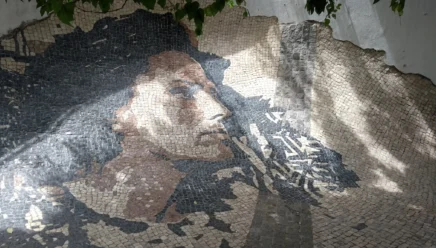
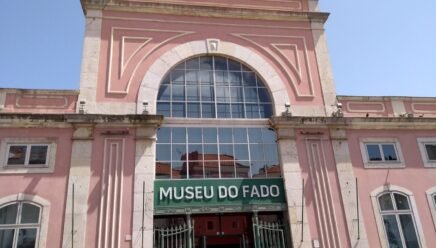
Aside of this, in most Fado music, you also have the Fadista. When we talk about the Fado of Lisboa, most of the Fadista's are women. The most famous Fadista's were Maria Severa and Amália Rodrigues. Now these days, fadista's like Mariza, Ana Moura and Cuca Roseta make international fame in this genre.
Digital Travel Guide
All these information bundled together in a digital travel guide. No internet connection needed and have all your inside information in your pocket. Where you are, where you go. Voyageiro.eu delivers a nice PDF to download on your personal device. Ready to travel with passion through Lisbon. The brochure is available in the Etsy shop of Voyageiro.
Lisj-bo-a!
"Lisboa you don't visit it, you experience it"
Once you visit Lisboa and let the city come to you, you will feel the charm, warmth and openness of the locals. This together with the relaxed atmosphere will bring you the passion of the city. After you discover the feeling, you will understand what I mean when I say: "Lisbon or other language variants doesn't exist!"
It is Lisboa, only Lisboa.
Pronounce it as Lisjboa.
Read More
"Selected for you"
You want to read more and get noticed about the posts ideal for you. Subscribe to our newsletter. This is the ideal way to stay tuned about all our posts and videos in the spotlight and selected for you.
The content of this page is copyright of Lindo Portugal.
© 2023 lindoportugal.eu
With media content of Galeria Sámuel.

